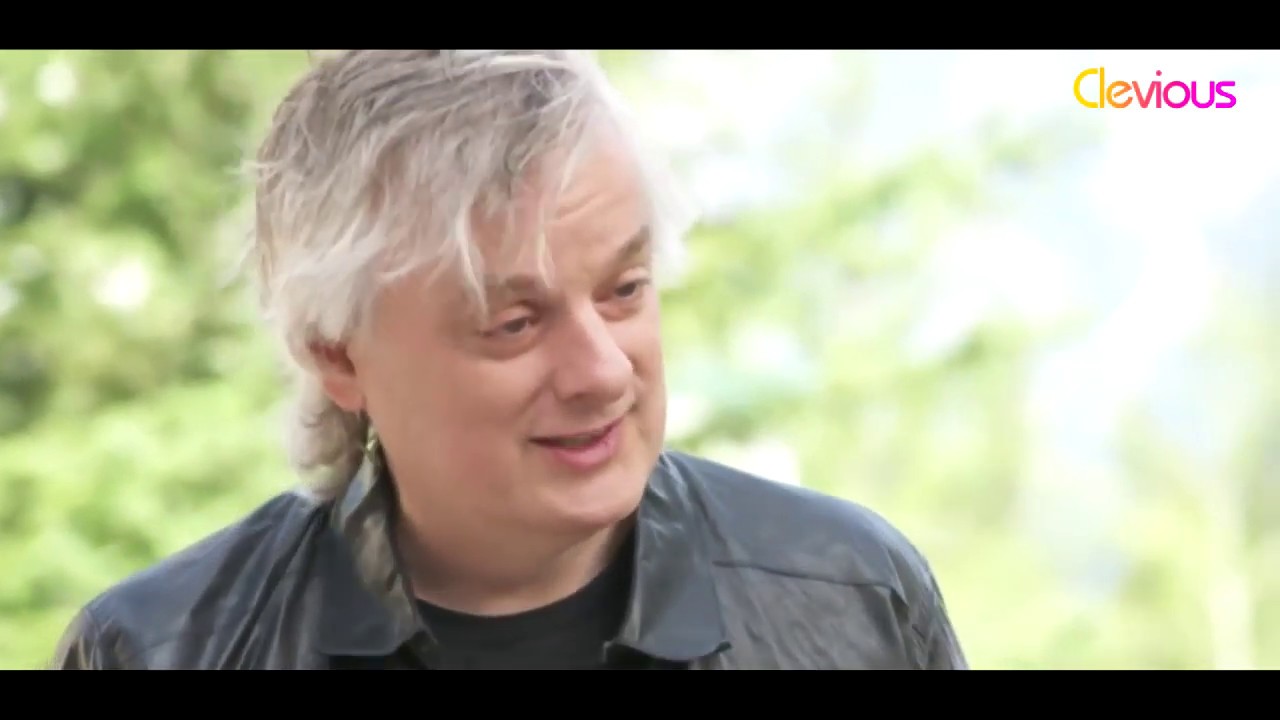David Chalmers: The Extended Mind
David Chalmers is an Australian philosopher and cognitive scientist. He is very well known for his contributions to the areas of philosophy of mind, philosophy of language, metaphysics, and epistemology. He is also a professor of philosophy and neural science, and the director of the Center for Mind, Brain, and Consciousness at the University of New York.
With the collaboration of Andy Clark, one of their remarkable and controversial arguments about the mind is known as the Extended Mind.
The Extended Mind sees the tools and many things in our environment as part of ourselves and minds.
In this interview, directed by Robert Lawrence Kuhn, he answers several questions about this topic.
Why does he take the Extended Mind more seriously than just a metaphor?
David Chalmers explains that the uncontroversial view about this question is that technological tools are offloading a lot of functions of the mind from our brain to our environments: Gone are the days we have to remember phone numbers or detailed maps of directions to buildings and stores we like. With smartphones and applications like Google maps, all of this information can be easily retrieved, and consequently, our memory is freed up for something else.
The extended mind view that he endorses goes a little bit further than this and states that these tools are a part of our minds.
The smartphone, for instance, is playing an analogous role to the role the biological memory was playing in the old days. He justifies this as follows:
“There’s no privileged border of the skin and the skull when it comes to the Mind. What matters is the role that it plays.”
The memory is indeed on the phone, but that doesn’t mean that that phone is literally a part of the consciousness, it is just a tool. What is the difference between storing it on a phone or on a rock like a caveman?
David Chalmers agrees that the phone is not part of consciousness, nor an internal part of the mind, but consciousness is just the tip of an iceberg: There are more things in the mind that are not part of our consciousness: most of our knowledge, our biographical memory and the memories stored in the long-term memory are outside of it at any given time.
The phone is analogous to these examples: It is a part of the mind which is outside of consciousness. It contributes to consciousness whenever it’s called to bring back, for instance, a phone number by entering the brain and reaching its attention. He says about this:
“That’s like recalling a memory from outside consciousness and bring it into consciousness, but we want to say that that memory was still part of your mind before it entered consciousness because there are potential effects on consciousness. What I want to say is that the phone or Google or the Internet can in principle play the same role that that biological memory was playing, part of the mind if not part of consciousness.”
What would follow up from the Extended Mind view?
Chalmers responds to this question and says that if we think about moral consequences: In general, taking away our phones is something very bad, it falls under ‘theft’ and ‘stealing’, but under this view, taking away our phone is equal to the removal of a part of our mind and our person, it’s more like a form of assault.
On top of this, he also adds that this view has moral consequences for education as well: Since phones and computers are becoming integral to our existence, testing a whole person cannot be without their technological tools and therefore their whole extended mind. He advises to:
“Test the person with the phone, not the person without the phone: that person is irrelevant.”
Is this becoming more and more fundamental to our concept of Personhood or Selfhood?
Although he identifies himself as a Cartesian and admits that there’s a conscious self at base of all of this, he thinks that the concepts of the person and the self include a whole lot more stuff: They include the unconscious mind, the body and anything connected to the conscious mind.
He then expands on this and affirms that if the self can bring in the unconscious and the body, then it can also bring in parts of the environment. He concludes that we should not see ourselves confined in a narrowly limited space the way we used to see ourselves, at some point, in a Cartesian space but as:
“Creatures that really more fully inhabit the world in a more distributive way.”

